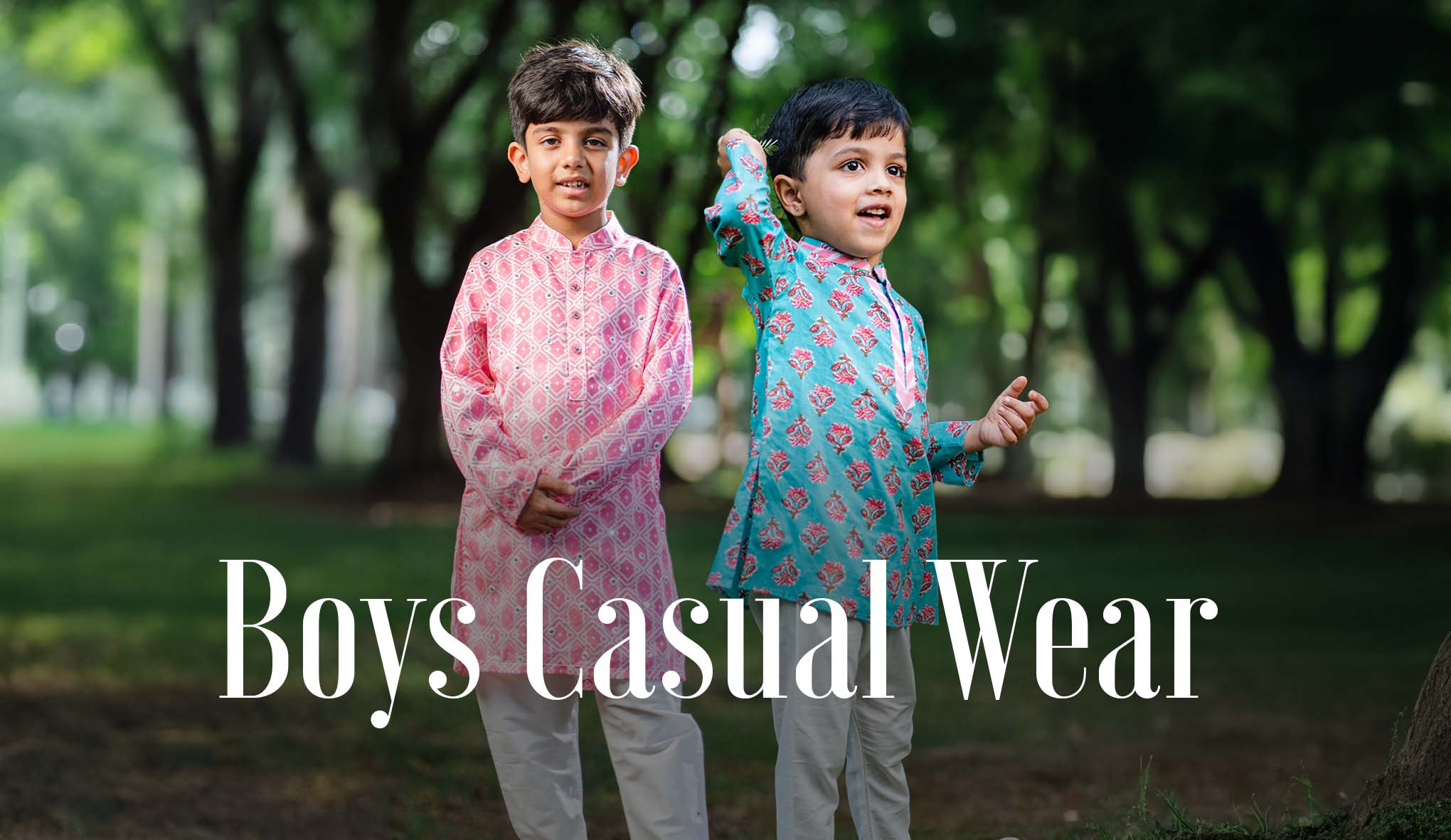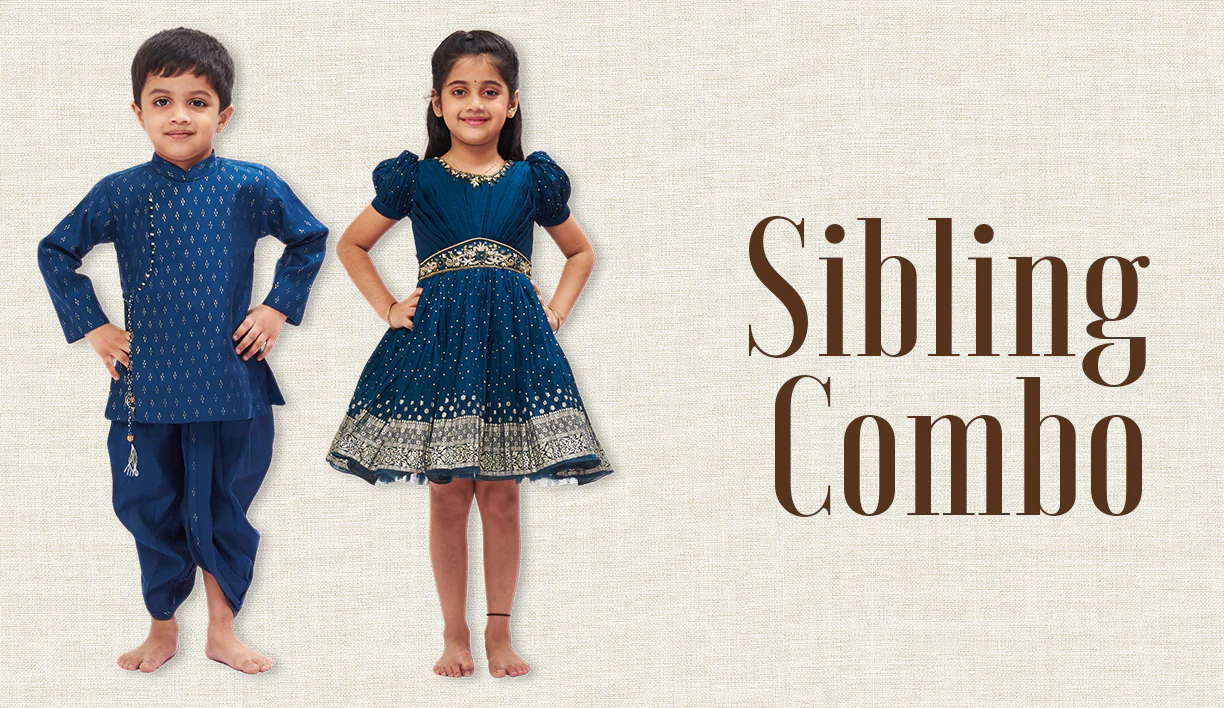How Parents Unintentionally Raise Timid & Shy Kids (And What You Can Do Instead)
Ever wondered why your child hides behind you during family gatherings or won’t speak up in playschool, even though you know they’re full of personality at home? You’re not alone. Many parents unknowingly encourage shyness-not out of neglect, but out of love and protection. After all, we want to keep them safe, polite, and well-behaved. But sometimes, these good intentions can lead to timidity instead of confidence. Let’s unpack the small things we do that might hold our kids back-and how to gently shift towards raising emotionally secure, expressive children.
1. Always Speaking on Their Behalf
We’ve all done it-answered for our child when someone asks, “What’s your name?” or “How old are you?” Especially when they freeze up.
Why it matters
When we constantly step in, children miss opportunities to practise expressing themselves. It reinforces the idea that someone else will speak for them.
What you can do instead
-
Give them time to respond, even if it feels awkward.
-
Encourage small social interactions waving goodbye, saying thank you.
-
Praise their efforts gently, not just the outcome.
2. Being Overprotective in Social Settings
It’s natural to hover when your child is in a new or crowded environment. But overprotection can signal to your child that the world is unsafe or scary.
Why it matters
Kids learn confidence by facing manageable challenges on their own-even if it’s just offering a toy or saying hi to a cousin.
What you can do instead
-
Stay nearby, but let them navigate social play themselves.
-
Prep them before outings “You might meet a new aunty today-she’s very kind!”
-
Don’t label them as "shy" in front of others-it can become a self-fulfilling prophecy.
3. Scolding for “Bad Manners” in Public
When kids refuse to say hello, cry in front of relatives, or cling to us tightly, our instinct may be to scold or correct them-especially when others are watching.
Why it matters
This can shame them and make them more hesitant in the future. Shyness isn’t misbehavior-it’s often just emotional overwhelm.
What you can do instead
-
Validate their feelings “It’s okay to feel nervous around new people.”
-
Offer gentle guidance later, not in the moment.
-
Be patient. Social skills are learned over time-not expected from birth.
4. Not Giving Enough Independent Decision-Making
When we choose everything-from clothes to snacks to activities-children don’t get to practise expressing preferences or building self-trust.
Why it matters
Small choices build big confidence.When a child feels heard, they begin to trust their own voice.
What you can do instead
-
Let them choose between two outfits: “This green kurta or the yellow one?”
-
Let them pick a toy to bring to a party or decide how to greet someone-a handshake, a wave, or just a smile.
Product tip: The Nesavu's kids’ outfits come in cheerful prints and colours. Kids love to pick-check out our festive frocks collection for options that let them shine with personality.
5. Comparing Them with Other Kids
“She’s not as talkative as her cousin.” “Look at how well he dances, why don’t you?” Sound familiar?
Why it matters
Comparison can deeply hurt a child’s self-worth, especially in social settings. It makes them feel “less than” and pushes them inward.
What you can do instead
-
Celebrate your child’s unique rhythm and qualities.
-
Highlight moments of courage, however small.
-
Let them bloom on their own timeline-with love, not pressure.
Confident Kids Start with Gentle Encouragement
Timidness isn’t a flaw-it’s a sign of sensitivity, and that can be a strength when nurtured right. What our children need most isn’t pressure to perform, but permission to grow at their pace. With a little more space, patience, and confidence-boosting support (and maybe a twirl-worthy outfit they picked themselves!), even the shyest child can blossom into their best, bold self.
🌟 Let them step out in style-and into their confidence-with The Nesavu’s vibrant, comfort-first kidswear.
Explore expressive, child-friendly outfits at www.thenesavu.com.

















Leave a comment